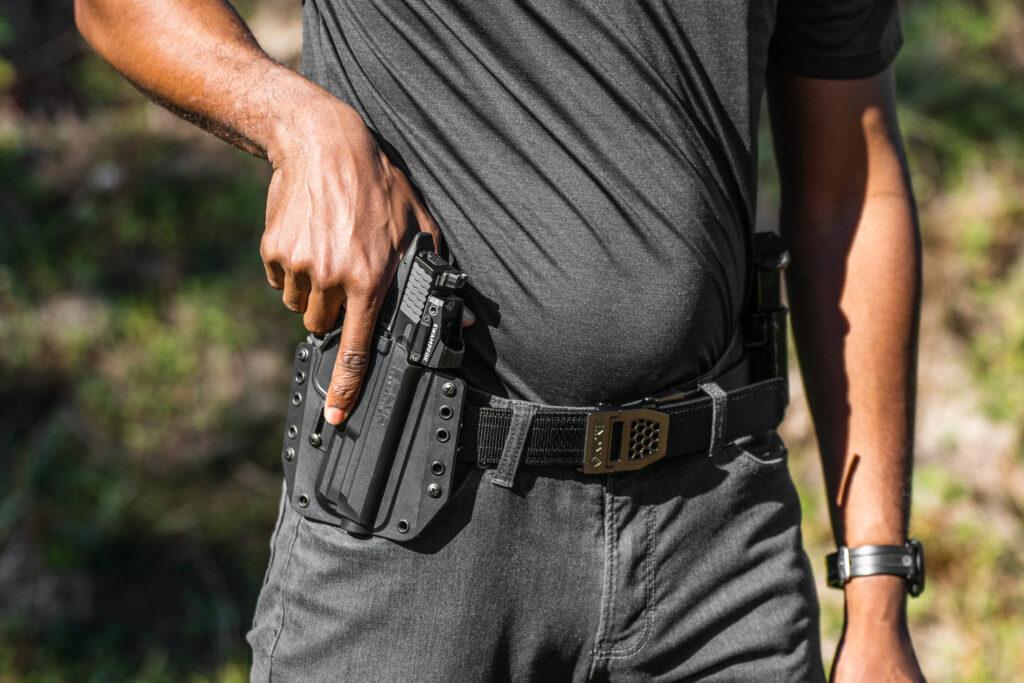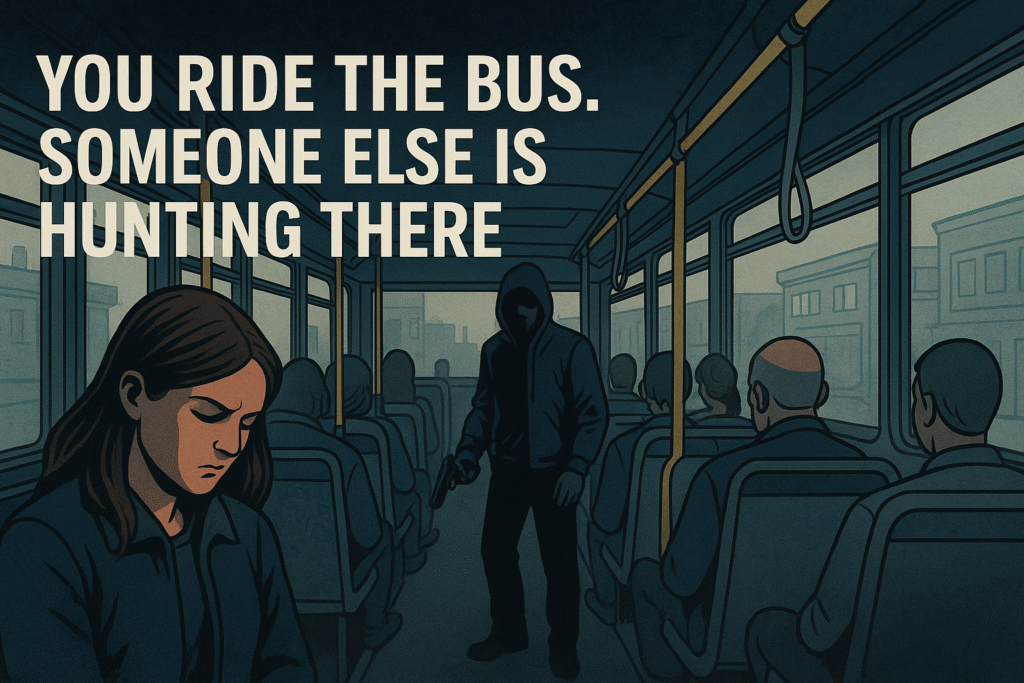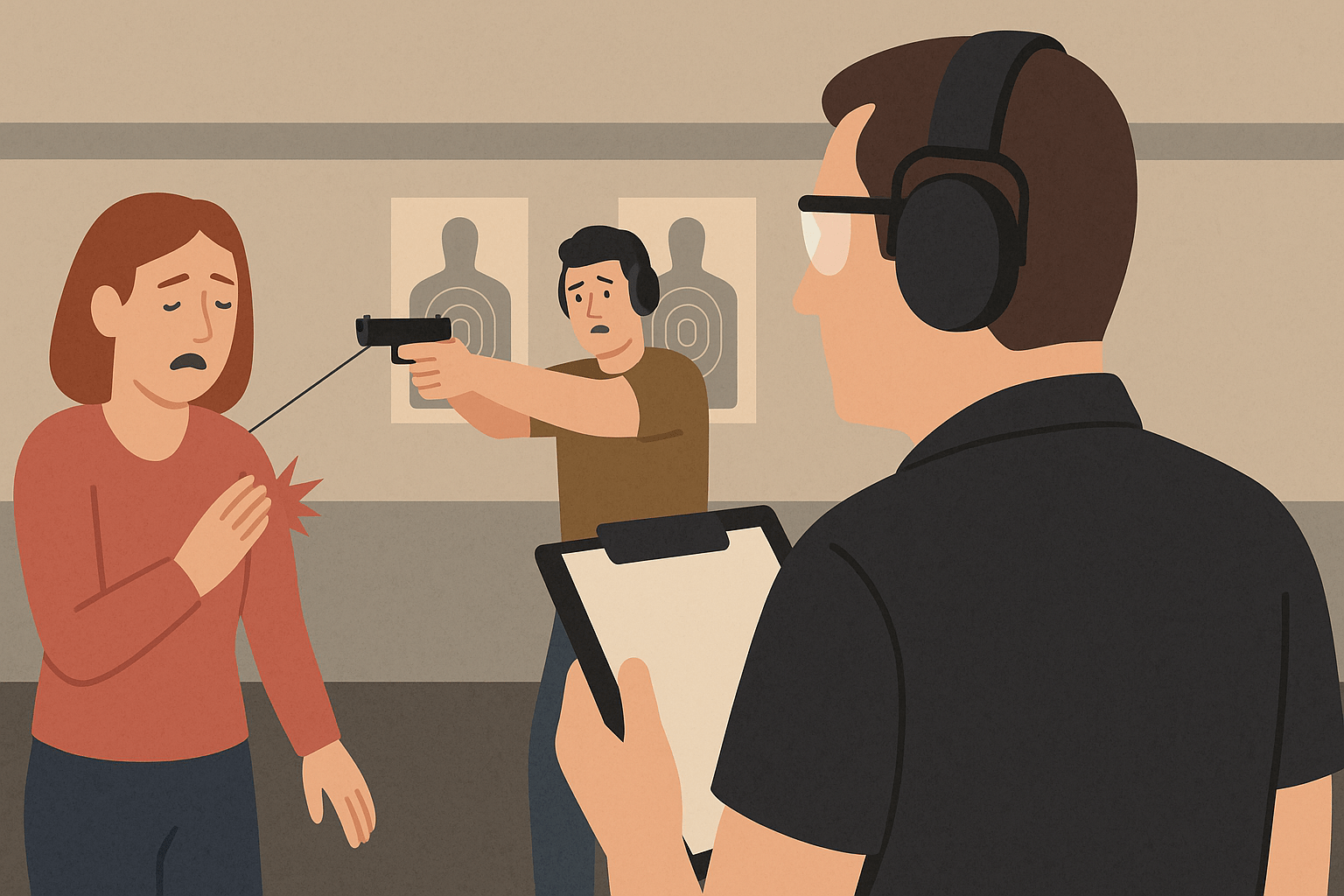What Is Self-Defense Training and Why Is It Critical for Family Protection?
Self-defense training teaches you how to protect yourself and your family when faced with danger. It equips you with practical techniques to react quickly, confidently, and effectively in high-stress situations. This training is vital for family protection, as it helps you prepare for real-world emergencies, empowering you to safeguard your loved ones.
Key Benefits of Self-Defense Training:
- Build confidence and overcome fear.
- Learn practical, real-world defense techniques.
- Understand legal aspects of self-defense.
- Improve family safety and emergency preparedness.
- Stay calm and act decisively during crises.
Understanding Self-Defense Training Concepts
Self-defense training is about protecting yourself and your loved ones during life-threatening situations. The main focus is teaching you simple, effective defense techniques that anyone can use, regardless of their experience. It’s not just about mastering one technique but building a system that helps you stay safe in different situations. The goal is to develop the skills to react quickly and confidently during emergencies. Even if you start by learning the basics, each step you take strengthens your ability to defend your family.
Building Confidence Through Self-Defense Practice
The more you practice self-defense, the more confident you become. Consistent practice helps you overcome any fear of facing an attacker. Your body builds muscle memory, so your reactions become automatic, even under stress. Regular training is so important—it helps you feel ready for whatever might happen. As you go through different drills and exercises, you’re improving your skills and reinforcing a mindset of staying calm and focused during high-stress situations.
The Role of Physical Fitness in Effective Self-Defense
Being physically fit plays a big part in self-defense. You need strength and stamina to react quickly and stay in control when defending yourself or your family. A strong body helps you move more efficiently and increases your ability to perform defense techniques effectively. Even basic exercises can make a big difference in your overall performance. The focus here isn’t about becoming a bodybuilder—it’s about having enough fitness to enhance your skills and improve your chances in a real-life situation.
Legal Principles Every Florida Resident Should Know About Self-Defense
Florida’s “Stand Your Ground” Law
In Florida, the “Stand Your Ground” law allows you to use force to defend yourself without needing to retreat, even if you have the chance to escape. This is important because, in a real-world situation, you might not have the luxury to flee when you feel the need to defend yourself or your family. This law applies both at home and in public spaces. However, because the law protects your right to stand your ground, you must still act within legal boundaries. Including Firearms Legal Protection in your planning is a good idea, as they can offer backup if you’re involved in a self-defense situation.
Misconceptions About Florida’s Use-of-Force Laws
There are some common myths surrounding self-defense laws in Florida, like the “21-foot rule” and the “3-step rule” for firearm use. The 21-foot rule suggests that you’re only allowed to use a gun if an attacker is within 21 feet, but this is more of a guideline than a law. Similarly, the 3-step rule, which claims that your firearm needs to be three steps away from you to be considered legally carried, is false. Instead, it’s essential to know that legal gun carry in Florida depends on whether you have the proper permit and meet the state’s carry and registration requirements.
Legal Definitions of Justifiable Force in Florida
In Florida, force is justifiable when you reasonably believe protecting yourself from harm is necessary. Deadly force is only allowed if you think your life is in immediate danger. This means that self-defense isn’t just about reacting; it’s about understanding when and how to use force responsibly. Florida law aims for prevention and risk reduction by ensuring that any use of force is proportional to the threat. Further, it’s important to involve the police department after any incident to properly document and protect yourself legally.
How Self-Defense Training Courses Improve Legal Awareness and Skill
Choosing the Right Training for Legal Competency & Context
Finding one that balances legal knowledge and practical skills is important when choosing a self-defense training program. Look for certified instructors who can teach you the right techniques while also explaining when it’s legally appropriate to use them. You’ll want a course that emphasizes real-world application, not just theory. The ultimate goal is to make sure you can protect yourself in a dangerous situation while staying within the law. A good instructor should also prepare you for how self-defense laws apply so you’re not left guessing when things get serious.
The Importance of Mixed Martial Arts in Non-Lethal Defense
Self-defense isn’t just about firearms—non-lethal methods like mixed martial arts (MMA) are also important. Learning MMA or other combat techniques can complement your firearm skills by giving you more options to de-escalate a situation without resorting to deadly force. Sometimes, a physical move is all it takes to stop an attacker. Participating in an MMA session can also boost your confidence and physical fitness, which are key to handling high-stress situations. Plus, these skills give you more control and can help you avoid legal trouble by using non-lethal force when possible.
How Dry-Fire Practice Prepares You for Real-World Self-Defense
Dry-fire practice is one of the best ways to train for self-defense. It helps you build muscle memory and improve your technique without the pressure of live ammo. During these exercises, you aim to make your movements as smooth and realistic as possible. The more you practice dry-firing, the more confident you’ll feel when using your firearm. Even though it’s not as exciting as a live-fire sport, dry-firing is a great way to stay sharp and motivated without needing to go to the range every time.
Common Legal Pitfalls and How to Avoid Them in Self-Defense
When Use of a Firearm is Legally Justified
Knowing when you can legally use a firearm for self-defense is crucial. In Florida, you’re justified in using deadly force if you genuinely believe your life is in danger. But this decision isn’t just about how scared you feel now. It would be best to show your realistic response based on the situation. That’s why it’s important to have the right amount of training—not just in shooting but in legal training. Understanding the law helps you focus on prevention and know when a situation could use force and when it’s better to avoid escalating the fight.
The Consequences of Improper Use of Force
The consequences of using too much force or using it in the wrong situation can be severe. You could face civil or criminal lawsuits if you misjudge an altercation. If your actions aren’t justified, you may end up in court facing charges like assault or worse. That’s why legal training is as important as learning how to use a firearm. If self-defense goes wrong, it could affect your life for years. Remember, it’s not just about winning the fight—it’s about avoiding legal trouble later on.
Open Carry vs. Concealed Carry: Legal Guidelines in Florida
Florida’s laws on carrying firearms are pretty specific. Open carry is mostly illegal, except in rare cases, like when you’re going hunting or fishing. Concealed carry, on the other hand, is legal with the right permit. But that permit requires proper registration and understanding the legal guidelines around where and when you can carry your firearm. Make sure to stay updated on these laws, as they can change. The focus here should always be on responsible carry practices so you avoid legal pitfalls while keeping yourself and others safe.
Effective Communication During a Crisis: Keeping Your Family Safe
Establishing Clear Roles and Signals During Emergencies
When an emergency happens, everyone in your family needs to know their role. The goal is to keep things calm and organized. Start by assigning clear roles based on what each person can do best. For example, one person can focus on keeping watch, while another can handle calling for help or preparing backup options. You should also establish signals—simple words or actions that let everyone know what’s happening without adding confusion. This keeps everyone on the same page and ready to act without hesitation in a high-stress situation.
Managing Stress and Fear in High-Threat Situations
Staying calm during a crisis is easier said than done, but it’s critical. As a leader, your mindset greatly affects how well your family handles stress. When you’re calm, they’ll be calmer, too. You must brief your family quickly, giving clear, direct instructions. Don’t overload them with information, just tell them what they need to know to stay safe in the immediate environment. Keeping your words simple and your tone steady can go a long way in preventing panic. With practice, you’ll better manage both your fear and theirs.
Drills to Practice Family Defense Plans Together
Regular drills are the best way to prepare your family for a real threat. These drills should suit your family’s needs and focus on realistic scenarios. By practicing together, everyone knows what to do when a situation arises. Make it fun to keep everyone motivated, but keep the objective serious. Further, regular practice helps identify weak spots in your plan that you can improve on. Drills are not just about making your family feel ready; they prepare everyone to act confidently when it matters most.
The Legal Aftermath: What to Do After a Self-Defense Incident
Securing Legal Counsel After Using Force
If you ever find yourself in a self-defense situation, the first thing you should do—after ensuring your family is safe—is to contact a lawyer. Even if the attack was clear-cut, you need legal counsel to help you navigate what happens next. In a real fight, things can escalate quickly, and your actions, whether to knock down an opponent or defend yourself with a punch or even an elbow strike, could be questioned in court. Having a lawyer ensures you don’t accidentally say something that could later hurt your case.
Documenting the Incident for Legal Protection
Once you’ve secured legal help, the next step is documenting the incident properly. Make sure to write down everything you remember about the altercation. Include details like the time, place, and how the attack began. If you had to throw or grapple with someone, describe it clearly so there’s a record of how you defended yourself. Good documentation can be critical if your case goes to court. It’s also helpful to take pictures of any injuries or damage to further back up your side of the story.
Understanding Post-Incident Investigations
After a self-defense situation, the police will investigate what happened. Expect officers to ask about the incident, your actions, and why you felt threatened. They may also interview witnesses to get a full picture of the altercation. Stay calm and cooperate, but remember that waiting until your lawyer arrives before giving a detailed statement is okay. Investigators will likely examine things like your footwork, the positioning of the attacker, and any objects used in the fight. Whether you used jiujitsu or some other form of defense, it’s important to follow legal advice to protect yourself during the investigation.
How to Stay Informed About Local Threats in Central Florida
Using Community Apps and Alerts for Real-Time Updates
Thanks to community apps and real-time alerts, staying informed about local threats is easier than ever. Platforms like Nextdoor, Citizen, or your local police department’s app are great for keeping up with nearby crime and emergencies. These tools provide updates on everything from suspicious activity to severe weather, giving you public awareness in real time. Make sure to set up notifications, so you’re always in the loop. Staying aware of upcoming risks, no matter how small can help you make better decisions to protect your family.
The Role of Local Law Enforcement in Public Safety
Your local police department plays a huge role in keeping the community safe, but they can’t do it alone. Building a relationship with law enforcement can go a long way toward improving your family’s safety. Attend public safety meetings, follow police social media channels, and participate in any community events they offer. Knowing your area’s officers can give you valuable insights into crime trends and prevention strategies. By working together, you can stay better prepared for emergencies and create a safer environment for everyone.
Knowing Your Neighborhood: The Importance of Situational Awareness
No amount of training or preparation will help if you’re not paying attention to what’s happening around you. Situational awareness is key to staying safe, whether at home or in public. This means being mindful of your surroundings, noticing anything out of place, and being prepared to act if something feels off. Make it a habit to know your neighbors and the rhythms of your neighborhood. The more you familiarize yourself with your immediate community, the better you’ll be to recognize potential threats and react to them before they escalate.






